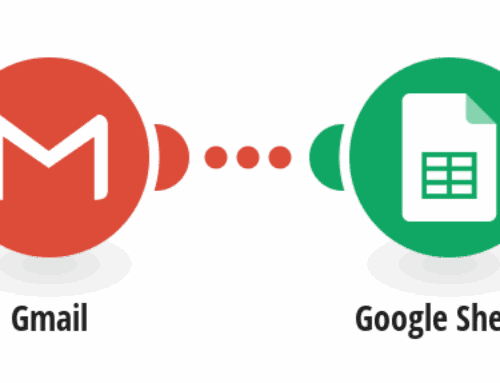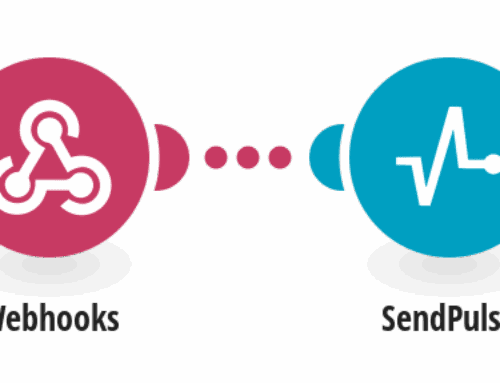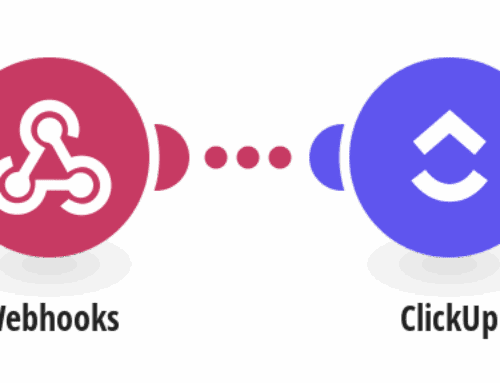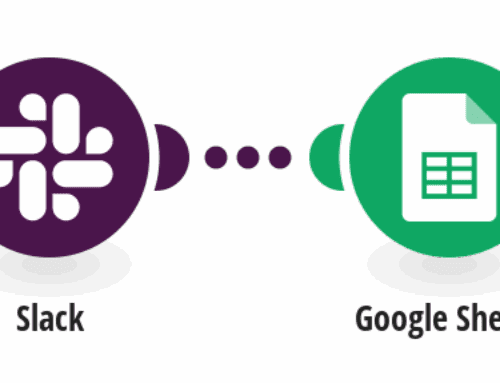Conducting a SWOT Analysis on Competitors Using ChatGPT and Airtable
Understanding SWOT Analysis: A Quick Overview
Let’s dive into the dynamic world of SWOT analysis. It’s an acronym that stands for Strengths, Weaknesses,
Opportunities, and Threats. Imagine it as a magnifying glass, zooming into the intricacies of any business
situation. Whether you’re trying to decode your biggest competitor or just figuring out your own next moves, a
SWOT analysis is your go-to tool.
SWOT analysis has been around for decades, serving as a foundational method to assess businesses’ internal and
external factors. It acts like a mirror, reflecting both the positive and negative aspects of a situation. With
this insight, businesses can strategically navigate through market complexities. By categorizing these aspects,
you not only see the landscape more clearly but also craft strategies that capitalize on strengths and
opportunities while mitigating weaknesses and threats.
Why Competitor SWOT Analysis Matters
Picture a chess game where every move counts. That’s exactly how crucial conducting a SWOT analysis on your
competitors is for your business strategy. By understanding their game plan, you’re better poised to make
strategic decisions and anticipate their next moves. Insight into their strengths could highlight areas where
you need to up your game.
Your competitors are constantly evolving, just like you. Analyzing them allows you to identify gaps in the
market or potential threats looming over your success. It offers a roadmap to devise strategies that are not
only reactive but also proactive. You’ll be prepared to seize opportunities before your competitors even know
they exist.
Meet ChatGPT: Your AI-Powered Ally
Meet ChatGPT, an AI language model that’s revolutionizing how we approach data analysis today. Imagine having a
virtual assistant that processes information faster than you can say ‘artificial intelligence’. This tool
enables you to conduct thorough SWOT analyses by sifting through vast amounts of data with ease and precision.
Leveraging AI like ChatGPT means you can dive into competitor analysis without manually crunching data for
hours. It’s like switching from rowing a boat to steering a speedboat. With its ability to generate intuitive
insights and spot trends at lightning speed, you’re armed with the foresight needed in today’s fast-paced
business environment.
Exploring Airtable: The Organizational Powerhouse
Think of Airtable as a digital Swiss Army knife, handy for all your organizational needs. It’s not just a
spreadsheet; it’s a flexible platform that enables seamless data management with a dash of creativity. Whether
you’re storing analyses or collaborating with your team, Airtable keeps everything housed in one accessible
location.
With its user-friendly interface, Airtable lets you create databases that are visually appealing and easy to
navigate. You can customize layouts to fit your unique workflow, adding another layer of personalization and
efficiency to your SWOT analysis. Everything is organized in such a way that retrieving information is as simple
as flipping through a well-organized filing cabinet.
Integrating ChatGPT with Airtable: A Seamless Workflow
Now, merge the power of ChatGPT’s data analysis with Airtable’s organizational prowess, and what do you get? A
seamless workflow that simplifies how you conduct and manage SWOT analyses. This integration is like having a
dynamic duo working in tandem to streamline every step of the process.
By connecting these two platforms, you enhance your ability to compile, sort, and visualize data efficiently.
ChatGPT identifies and pulls relevant SWOT insights, which you can immediately catalog in your Airtable base.
No more juggling multiple tools or platforms; it’s a unified system that empowers you to act swiftly and smartly
on your findings.
Step-by-Step Guide to Conducting a SWOT Analysis
Embarking on a SWOT analysis journey doesn’t have to be daunting. Begin by gathering data—both qualitative and
quantitative—about your competitors, scrutinize their operations to uncover hidden strengths, weaknesses, and
more. Identifying these elements is akin to putting together pieces of a puzzle, revealing a complete picture of
what you’re up against.
Use ChatGPT to analyze this data, producing insights that might not have been evident at first glance. Once you’ve got your
results, organize them within Airtable. This method ensures that your analysis is not just comprehensive, but
also easy to access and utilize when you need to make those critical business decisions.
Benefits of Utilizing Technology in SWOT Analysis
In today’s digital age, leveraging technology in SWOT analysis isn’t just beneficial; it’s essential. Tools like
ChatGPT and Airtable provide an edge over traditional methods by automating repetitive tasks and enhancing
precision. It’s like upgrading from a bicycle to a sports car—speed and efficiency become your new normal.
Besides saving time, technology amplifies the quality of your analysis. You receive more accurate, data-driven insights,
allowing you to make informed decisions. These tools transform your SWOT process from a manual chore to a strategic exercise that
genuinely adds value to your business pursuits.
Conclusion
Conducting a SWOT analysis on competitors using ChatGPT and Airtable offers an innovative approach to business
strategy. By merging artificial intelligence with agile data management, you gain unprecedented clarity and
foresight. This synergy fuels smarter decision-making and positions you ahead of the competitive curve.
FAQs
What is the main advantage of using ChatGPT for SWOT analysis?
The primary benefit of using ChatGPT for SWOT analysis is its ability to quickly process and interpret large volumes of data,
generating insightful conclusions that inform business strategies with unparalleled speed and accuracy.
How does Airtable complement the SWOT analysis process?
Airtable complements the SWOT analysis process by providing an intuitive platform where you can organize, store,
and easily access all your analytical data. This ensures your insights are not only documented but are also
actionable when needed.
Can integrating ChatGPT and Airtable benefit small businesses?
Absolutely! Small businesses can significantly benefit from this integration because it democratizes access to
sophisticated analysis tools without requiring extensive resources or expertise, enabling them to compete more
effectively.
Are there any prerequisites to use ChatGPT and Airtable together?
To use ChatGPT and Airtable together, you’ll need basic familiarity with each tool, though both offer user-friendly interfaces that
make them accessible to users with different levels of technical expertise. Some initial setup for integration might be required.
What industries can benefit most from using this analysis approach?
Industries ranging from tech startups to retail giants can leverage the insights gained from this analysis approach.
Any sector that values strategic clarity and data-driven decision-making can find benefits in integrating ChatGPT with Airtable.








